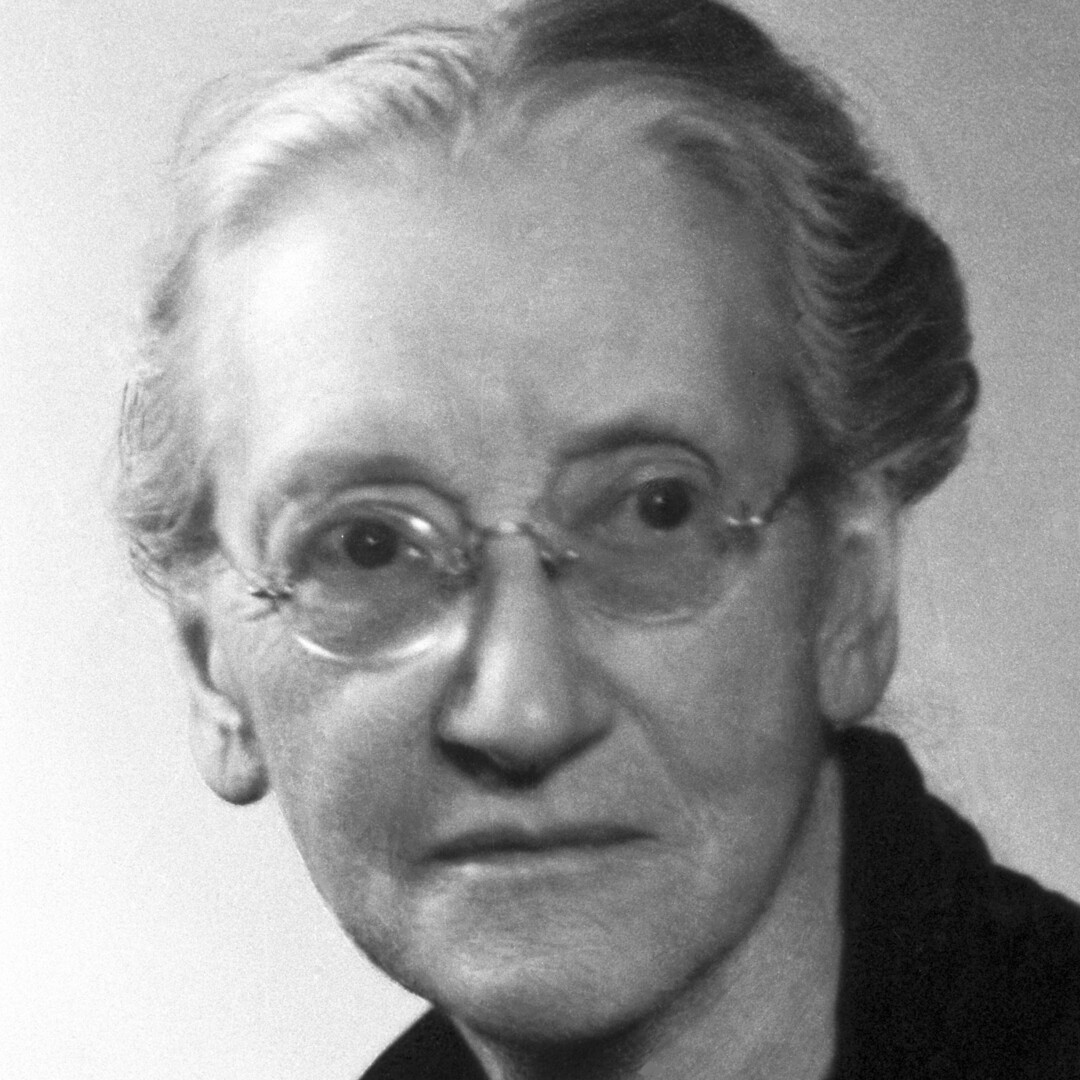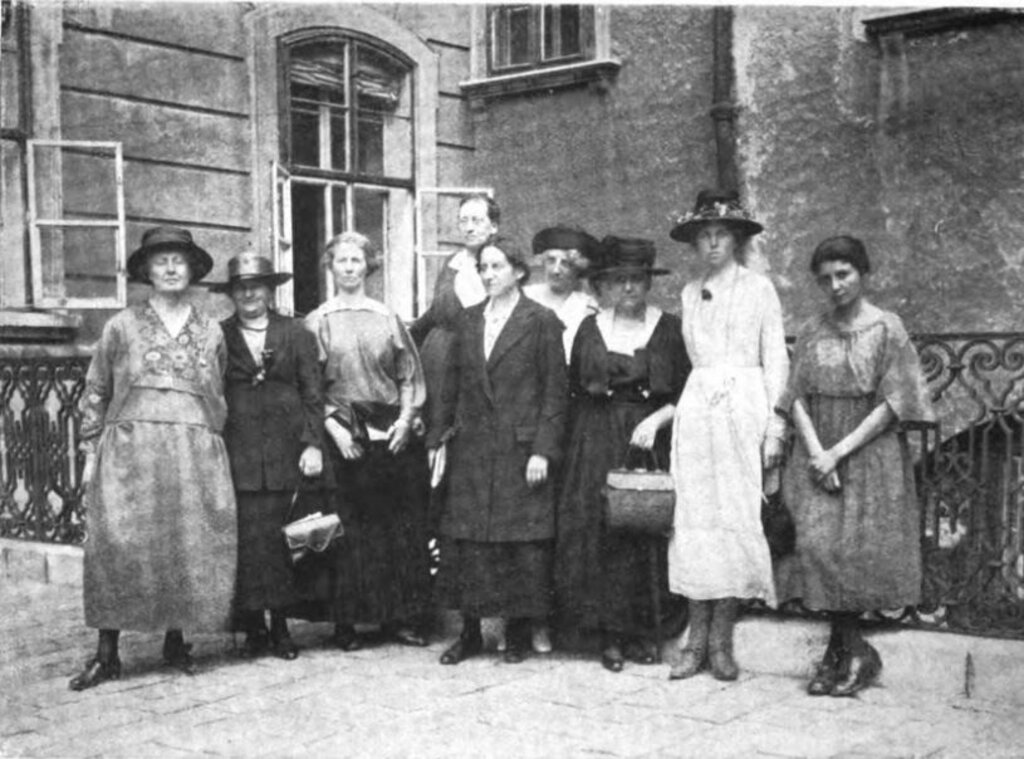Emily Greene Balch
Speed read
Emily Greene Balch was awarded the Nobel Peace Prize for her lifelong work for the cause of peace. She shared the prize with John Raleigh Mott.

Full name: Emily Greene Balch
Born: 8 January 1867, Jamaica Plain, MA (now Boston, MA), USA
Died: 9 January 1961, Cambridge, MA, USA
Date awarded: 14 November 1946
Radical peace advocate
Emily Greene Balch was awarded the Nobel Peace Prize for her lifelong efforts for disarmament and peace. She did not receive any congratulations from President Truman, as the US government had long viewed her as a dangerous radical. Balch openly declared herself a pacifist early in her career. During WWI, she worked with Jane Addams (1931 peace laureate) to convince state leaders of neutral countries to intervene to terminate the war. When the USA entered the war, Balch was labelled a traitor for her anti-war activities. In the 1930s Emily Greene Balch became president of the Women’s International League for Peace and Freedom. She cautioned against fascism and criticised the Western democracies for not attempting to stop the aggressive policies of Hitler and Mussolini.
"Emily Balch found her answer, for she believed that if we did not vanquish the evil we could not hope to achieve victory for the ideas which she herself had championed for so many years."
Gunnar Jahn, Presentation Speech, 10 December 1946.

"As the world community develops in peace, it will open up great untapped reservoirs in human nature."
Emily Greene Balch, Nobel Prize lecture, 7 April 1948.
Balch and World War I
When WWI broke out, Emily Greene Balch tried to convince the USA to act as mediator between the warring parties. Along with Jane Addams, she participated in the International Congress of Women in The Hague in 1915. After the conference, Balch and other delegates travelled throughout Europe to meet with state leaders and encourage them to seek peace. Balch travelled to the Scandinavian countries, the Netherlands and Russia. In Norway she had an almost two-hour long consultation with the king, and in all the countries the women met with leading politicians. Although they were cordially received, however, the women were not taken seriously.
Balch and World War II
The Japanese attack on the USA in December 1941 forced pacifist Emily Greene Balch to re-evaluate her views. After painful reflection, she concluded that it was possible to sanction a defensive war and acknowledged that she no longer was an absolute pacifist. As a result, she lost the trust of many members of the US chapter of the Women’s International League for Peace and Freedom. Moreover, she remained out of favour with the US government for her active opposition in 1942 to the internment of US citizens of Japanese heritage.
"… Along with her high hopes for humanity in the long run, she had a strong sense of realism that spared her false expectations."
Irwin Abrams 'Nobel Peace Prize and the Laureates', page 153, Science History Publications/USA 2001.
Learn more
Emily Greene Balch (January 8, 1867-January 9, 1961) was born in Boston, the daughter of Francis V. and Ellen (Noyes) Balch. Hers was a prosperous family, her father being a successful lawyer, at one time secretary to United States Senator Charles Sumner ...
Disclaimer: Every effort has been made by the publisher to credit organisations and individuals with regard to the supply of photographs. Please notify the publishers regarding corrections.
Nobel Prizes and laureates
Six prizes were awarded for achievements that have conferred the greatest benefit to humankind. The 14 laureates' work and discoveries range from quantum tunnelling to promoting democratic rights.
See them all presented here.
